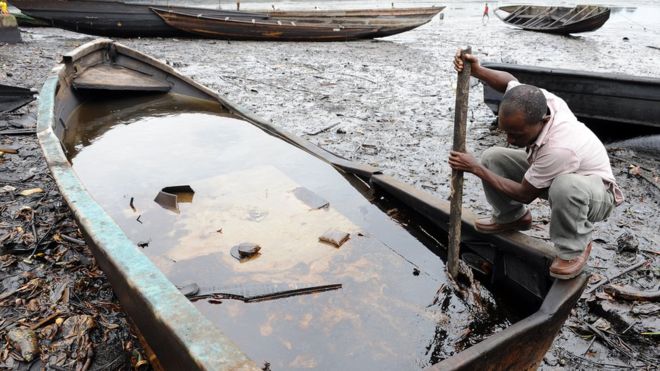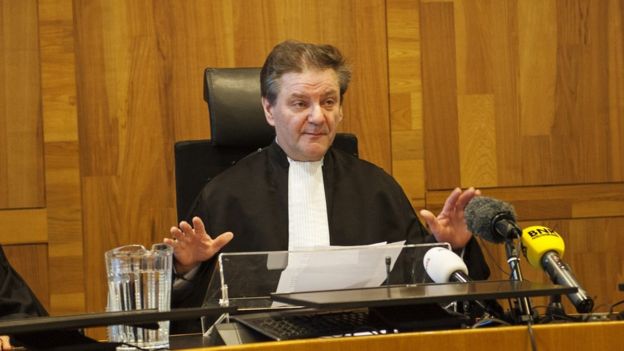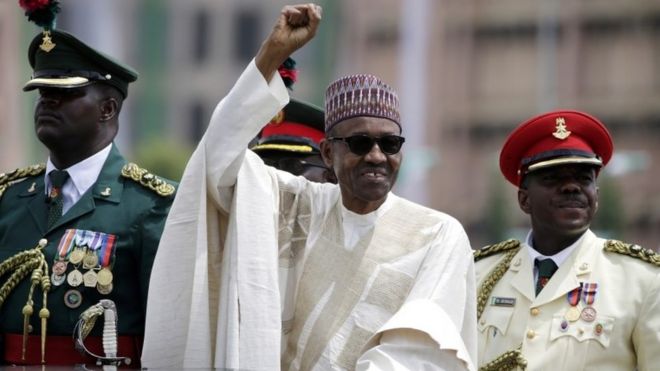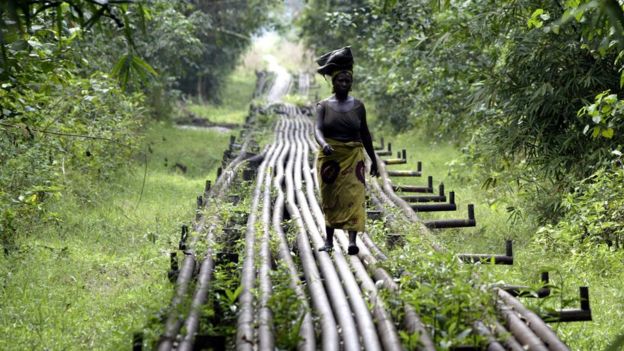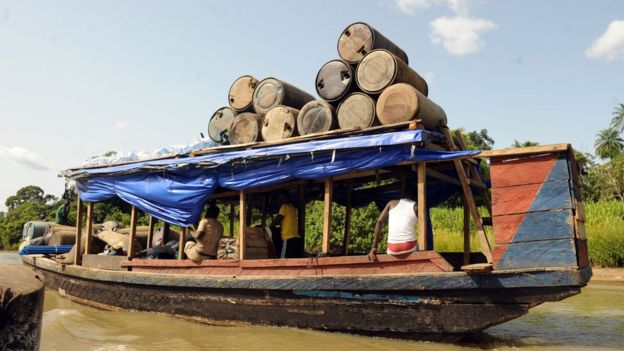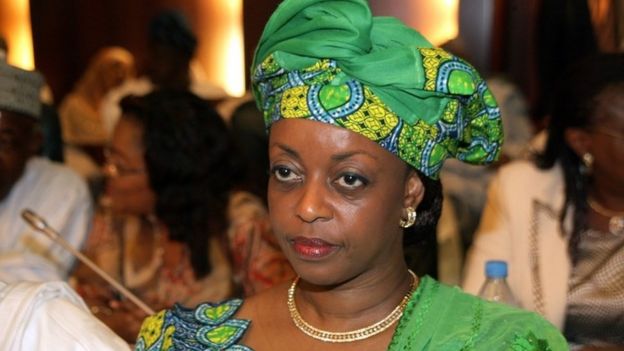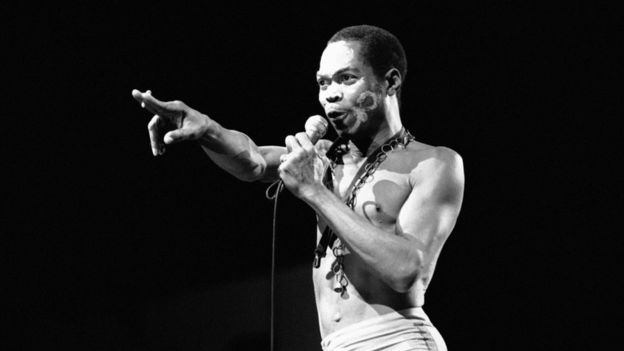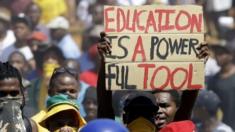CORRUPTION IN PUBLIC COMPLAINTS COMMISSION, NIGERIA
Public Complaints Commission is the only Federal institution saddled with the responsibility of fighting social and administrative injustice in Nigeria. It is in this regard, and in line with the on-going anti-corruption war that we seek your intervention and investigation into the gross corrupt practices, misconduct and ill-treatment of staff of PUBLIC COMPLAINTS COMMISSION (THE NIGERIA OMBUDSMAN). It is sad and regrettable to note that, an institution like the NIGERIAN OMBUDSMAN have been politicised and subjugated under the supervision of National Assembly and some law makers under the Committee on Public Petitions who turned the Commission to their personal means of self enrichment and theft of the Commission’s annual budgetary funds especially that of 2014. THIS IS TO THE DETRIMENT OF THE COMMON MAN IN NIGERIA!!! (Those the Commission stands to protect).
Please we crave your indulgence to take drastic revolution, reforms and complete restructuring of Nigeria OMBUDSMAN so as to restore the dignity and sanity of the Commission to fight corruption in civil service and protect the ordinary Nigerians from administrative social/injustice as well as conflict resolution in civil manners. At this point, we bring to your knowledge the following corrupt practices and misconducts in PUBLIC COMPLAINTS COMMISSION below:
Non-provision of infrastructures, office stationeries, poor record keeping in Investigation registry, dilapidated furnitures, no vehicles for INVESTIGATION OFFICERS to go out on investigation. Staff buses are fuelled, serviced and maintained by staff instead of the management that have refused to provide funds allocated for this purpose. Note that Investigation vehicles in the Commission have not hit the road for about 8 months now while they are being used for personal use, resulting to stalled investigation activities. And also non-provision of power Generator for staff to function and carry out their duties etc. All these have affected the moral of the staff and have far reaching effects on them, and in most cases, staff are subjected to carry out their duties through personal efforts and finances. These have seriously affected the number of cases received and resolved in the Commission. And therefore lots of complainants/Ordinary Nigerians are suffering in vain as a result of poor staff performance and inefficiency of the Commission.
Late coming and nonchalant attitude of staff to work; workers resume office at their convenience and leave at will even when complainants awaits their attention and this stampedes investigation and administrative processes. And also, poor dressing attitude is highly prevalent among staff of the Commission.
Non-enrolment into the Integrated Personnel and Payroll System (IPPS), this act is deliberate to cover and protect GHOST workers Salaries that the Principal Management Officers earn fraudulently on monthly basis. Also former staff of the Commission still has their names on the Payroll till date and this has resulted in multiple nominal roll in Commission with false grade level and steps. Information gathered from the Commission has revealed that a payroll exist which indicate that a GL 8 officer earns N122, 000.00, while in reality a GL 8 officer earn a meagre N63,000.00. As a result of the above, the Management staff of the Commission has deliberately refused to enrol the staff in the Integrated Personnel and Payroll System (IPPS). Also in 2014 the Federal National Assembly demanded for our nominal roll to harmonise our salaries with that of the National Assembly Service Commission but our management refused because of the frauds and multiple false nominal rolls.
Misappropriation of funds: The Commission’s funds are misappropriated and diverted by the management. Even the workers salaries are sometime embezzled up to the point
that they were paid only 80% of April salary and 61% of July 2015 salaries respectively because July allocation was diverted and used by the management. Also, 50% salary was paid for the month of September. For record purpose The Public Complaints Commission is the only Federal Government agency that short paid its workers salaries.
The Management diverted and embezzled over N500, 000.000.00 (Five Hundred Million Naira) of Public Complaints Commission into personal use in February, 2015. This fund was part of the funds freezed and returned to the Federation account last year December 2014 because it was claimed that we didn’t use it and considered excess funds. From information gathered at the head quarters it was revealed that the money was meant for several staff claims but management deliberately delayed in disbursing these allowances for selfish and frivolous reasons to loot staff funds. The Management had gone back to Ministry of Finance to recover this fund in January 2015 and after series of meetings they were able to convince Dr.Ngozi Ikonjo-Iweala (former Minister of Finance) and recovered all the funds, but nobody can account for Administrative injustice and selective favoritism: The injustice ranges from non remittance of pension funds to the Pension funds administrators for over 5 years, short-payment of salaries, non-payment of promotion arrears, non-payment of 1st 28th Days Allowance, non-payment of repatriation allowance to retirees, absence of staff welfare, extreme delays in payments of staff salaries, absence of staff training and re-training, absence of inductions for new staff.
In view of the above, it is pertinent for President Muhammadu Buhari to beam his anti-corruption searchlight on Public Complaints Commission in reference to APC’sManifesto and President Muhammadu Buhari’s personal stand on Corruption and injustice (seehttp://www.peoplesdailyng.com/only-apc-will-end-corruption-not-jonathan-oyegun/)
(“The use of the ombudsman institution will be reviewed and streamlined for efficiency and to meet public expectation. The enforcement of contracts shall be a national article of faith. A framework for the encouragement and protection of whistle blowers shall be institutionalized”) to help restore our lost glory to the days of Maitama Sule the first Federal Commissioner of Public Complaints Commission in 1975. It is painful to note that the Ombudsman is the only Commission that has 37 Commissioners who are political appointees and do not work for the interest of the Commission or even adhere to its mandate. Instead they have milked the Commission dry and stole our funds meant for staff development and proficient Ombudsman services in Nigeria. For sanity to return and to cut cost of governance, the 37 state Commissioners must be eliminated, The Management should be probed and anyone found wanting should be prosecuted accordingly.
When the Pubic Complaints Commission is finally sanitized, the Common man will be at peace with the government and our justice will be restored to our administrative/social system. The on-going restructuring/reforms and anti-corruption campaign should not just be limited to Revenue generating institutions like FIRS, NNPC, CUSTOMS, and NPA etc. but to a silent but very important institution like the Nigerian Ombudsman. Absence of justice is absence of peace and absence of peace is chaos.
Justice Delayed is Justice Denied, ACT NOW, NOT LATER.

